
Page vii
About the Authors
Before Frank Carey retired in 2000, his career teaching chemistry was spent entirely at the University of Virginia.
In addition to this text, he is coauthor (with Robert C. Atkins) of Organic Chemistry: A Brief Course and (with Richard J. Sundberg) of Advanced Organic Chemistry, a two-volume treatment designed for graduate students and advanced undergraduates.
Frank and his wife Jill are the parents of Andy, Bob, and Bill and the grandparents of Riyad, Ava, Juliana, Miles, Wynne, and Sawyer.
Robert M. Giuliano was born in Altoona, Pennsylvania, and attended Penn State (B.S. in chemistry) and the University of Virginia (Ph.D., under the direction of Francis Carey). Following postdoctoral studies with Bert Fraser-Reid at the University of Maryland, he joined the chemistry department faculty of Villanova University in 1982, where he is currently Professor. His research interests are in synthetic organic and carbohydrate chemistry.
Bob and his wife Margot, an elementary school teacher he met while attending UVa, are the parents of Michael, Ellen, and Christopher and the grandparents of Carina, Aurelia, Serafina, Lucia, and Francesca.
Neil T. Allison was born in Athens, Georgia, and attended Georgia College (B.S., 1975, in chemistry) and the University of Florida (Ph.D., 1978, under the direction of W. M. Jones). Following postdoctoral studies with Emanuel Vogel at the University of Cologne, Germany, and Peter Vollhardt at the University of California, Berkeley, he joined the faculty of the Department of Chemistry and Biochemistry, University of Arkansas in 1980. His research interests are in physical organometallic chemistry and physical organic chemistry.
Neil and his wife Amelia met while attending GC, and are the parents of Betsy, Joseph, and Alyse and the grandparents of Beau.
Susan L. Bane was raised in Spartanburg, South Carolina, and attended Davidson College (B.S., 1980, in chemistry) and Vanderbilt University (Ph.D., 1983, in biochemistry under the direction of J. David Puett and Robley C. Williams, Jr.). Following postdoctoral studies in bioorganic chemistry with Timothy L. Macdonald at the University of Virginia, she joined the faculty of the Department of Chemistry of Binghamton University, State University of New York, in 1985. She is currently Professor of Chemistry and director of the Biochemistry Program. Her research interests are in bioorganic and biophysical chemistry.
Susan is married to David Tuttle and is the mother of Bryant, Lauren, and Lesley.
Page PT-1
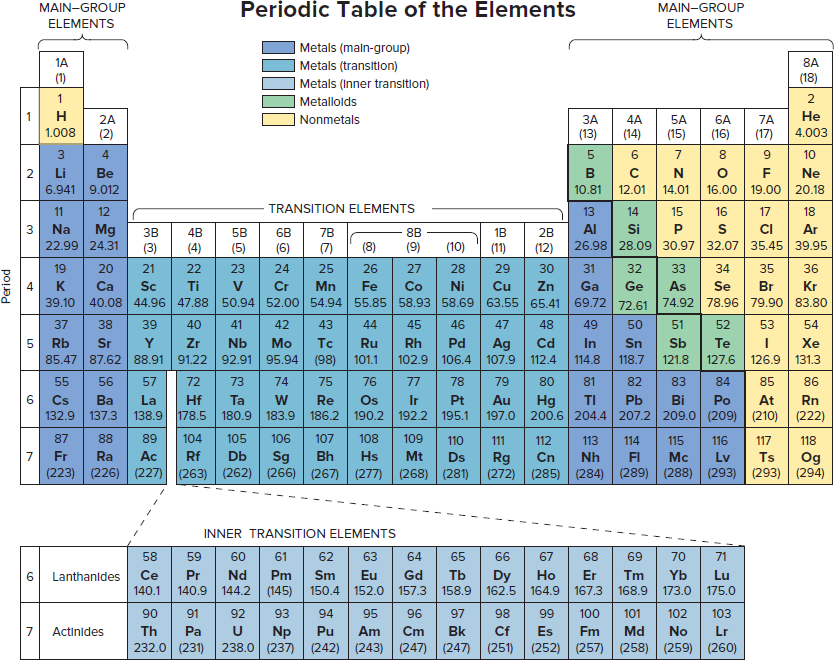
Page PT-2
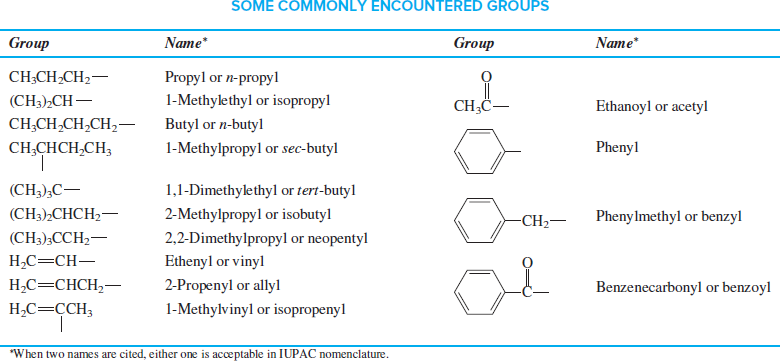
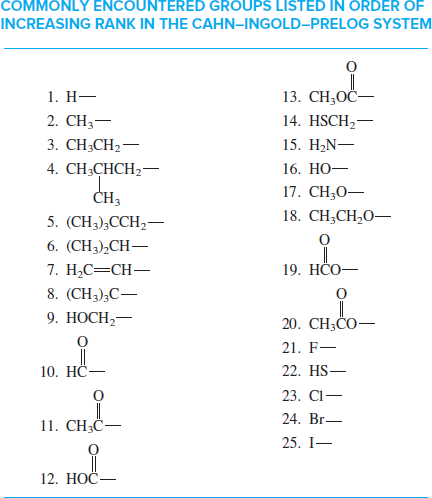
Page xxx
ACKNOWLEDGEMENTS
Special thanks to the authors of the Student Solutions Manual, Neil Allison, Robert Giuliano, and Susan Bane Tuttle, who had a monumental task in updating the manual for this edition. The authors also acknowledge the generosity of Sigma-Aldrich for providing almost all of the 300-MHz NMR spectra.
Reviewers
Hundreds of teachers of organic chemistry have reviewed this text in its various editions. Our thanks to all of them.
The addition of SmartBook to the McGraw-Hill digital offerings has been invaluable. Thank you to the individuals who gave their time and talent to develop SmartBook for Organic Chemistry:
Tania Houjeiry, Clemson University
David Jones, St. Davids School in Raleigh, NC
Margaret Ruth Leslie, Kent State University
Brooke Van Horn, College of Charleston
Organic Chemistry is also complemented by the exemplary digital products in Connect. We are extremely appreciative for the talents of the following individuals who played important roles in the authoring and content development for our digital products.
Ned B. Bowden, University of Iowa
Philip A. Brown, North Carolina State
William E. Crowe, Louisiana State University
Kimi Hatton, George Mason University
Ed Hilinski, Florida State University
T. Keith Hollis, Mississippi State University
Jennifer A. Irvin, Texas State University
Phil Janowicz, California State University Fullerton
Margaret Ruth Leslie, Kent State University
Michael Lewis, Saint Louis University
James M. Salvador, University of Texas at El Paso
Buchang Shi, Eastern Kentucky University
Brooke A. Van Horn, College of Charleston
Page viii
Brief Contents
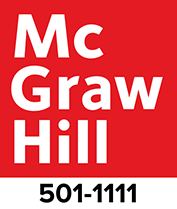
Page ix
Contents
CHAPTER
________________________________________________________
Structure Determines Properties 2
CHAPTER
________________________________________________________
Alkanes and Cycloalkanes: Introduction to Hydrocarbons 54
CHAPTER
________________________________________________________
Alkanes and Cycloalkanes: Conformations and cistrans Stereoisomers 98
Page x
CHAPTER
________________________________________________________
Chirality 134
CHAPTER
________________________________________________________
Alcohols and Alkyl Halides: Introduction to Reaction Mechanisms 172
CHAPTER
________________________________________________________
Nucleophilic Substitution 210
Page xi
CHAPTER
________________________________________________________
Structure and Preparation of Alkenes: Elimination Reactions 244
CHAPTER
________________________________________________________
Addition Reactions of Alkenes 288
CHAPTER
________________________________________________________
Alkynes 330
Page xii
CHAPTER
________________________________________________________
Introduction to Free Radicals 356
CHAPTER
________________________________________________________
Conjugation in Alkadienes and Allylic Systems 384
CHAPTER
________________________________________________________
Arenes and Aromaticity 426
Page xiii
CHAPTER
________________________________________________________
Electrophilic and Nucleophilic Aromatic Substitution 476
CHAPTER
________________________________________________________
Spectroscopy 532
CHAPTER
________________________________________________________

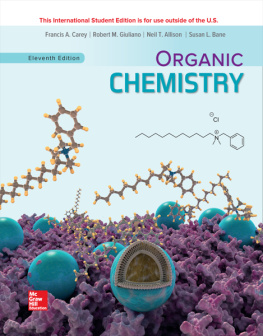
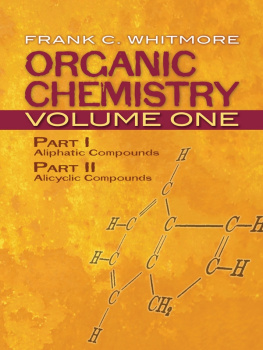
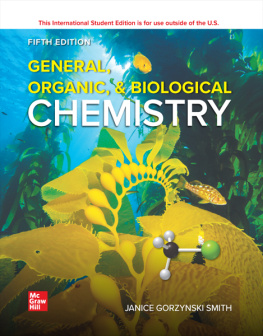
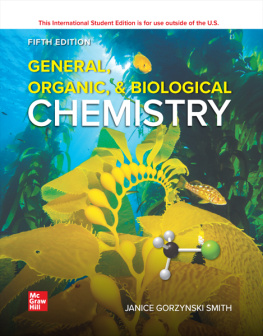

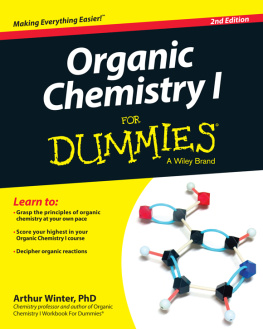
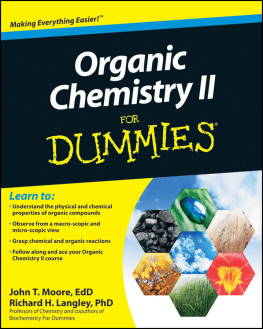
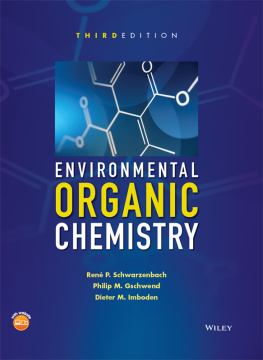
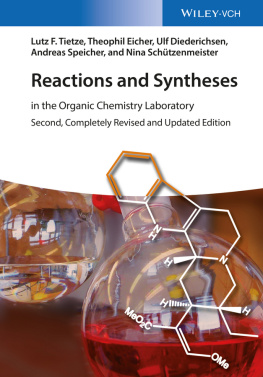
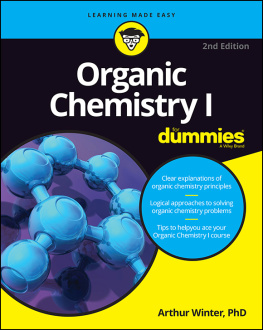

 Page PT-2
Page PT-2 
 Page xxx
Page xxx 